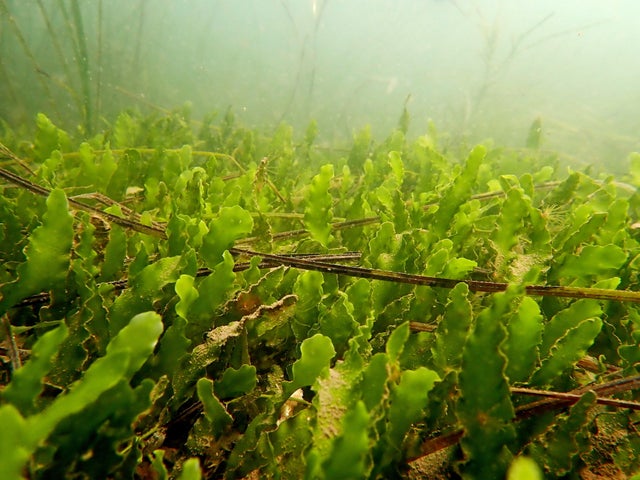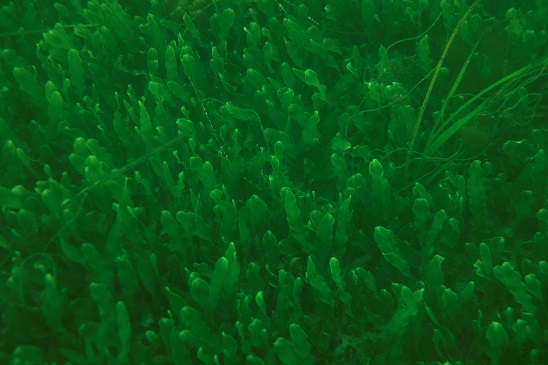The Port of San Diego has extended an emergency declaration aimed at combating the proliferation of an invasive algae species, Caulerpa prolifera, which has infested the city’s bay. Initially discovered in September, the algae poses a significant threat to the local marine ecosystem by outcompeting native seaweeds and seagrasses, thereby diminishing crucial habitats for marine life.

Impact on Marine Ecosystem
Caulerpa prolifera’s rapid growth rate has led to concerns about its adverse effects on San Diego Bay’s biodiversity. The algae’s unchecked spread can suffocate essential marine habitats, particularly endangering eelgrass, a vital plant species utilized by numerous ocean organisms for sustenance and refuge. Furthermore, the loss of eelgrass jeopardizes water quality, as these plants act as natural filters, enhancing the bay’s ecological balance.
Origins and Spread
While the exact source of the Caulerpa infestation remains unconfirmed, authorities speculate that it likely originated from the discharge of saltwater aquariums into the bay. This hypothesis aligns with the seaweed’s popularity as an aquarium plant. However, possessing, selling, or transporting Caulerpa in California is illegal, underscoring the need for responsible aquarium management practices to prevent further ecological damage.
Preventive Measures and Response
Efforts to contain the Caulerpa infestation include deploying trained divers to cover affected areas with sealed barriers, effectively depriving the algae of light, oxygen, and tidal circulation. These measures aim to curtail its expansion and mitigate its ecological impact. Additionally, regular bay visitors, such as boaters and anglers, are urged to exercise vigilance, inspecting their equipment for signs of Caulerpa and reporting sightings promptly to authorities.
Financial Commitments and Emergency Declaration
With over $900,000 already allocated for eradication efforts and an additional $2.2 million pending from state and federal sources, the emergency declaration facilitates securing vital funding for surveillance, control measures, and ongoing monitoring. Port officials emphasize the urgency of swiftly addressing the Caulerpa infestation to safeguard the bay’s ecosystem and mitigate potential economic repercussions, drawing parallels with past outbreaks in other regions.
Warning from Port Officials
Port of San Diego Board Chairman Frank Urtasun highlights the catastrophic consequences of uncontrolled Caulerpa infestations, citing a notorious outbreak in the Mediterranean Sea during the 1980s. The economic losses incurred from that event underscore the importance of proactive intervention to contain the algae’s spread in San Diego Bay. Urtasun emphasizes the imperative of comprehensive eradication efforts to preserve the bay’s ecological integrity.

Continued Vigilance and Monitoring
While the current Caulerpa infestation marks the first occurrence in San Diego Bay, it underscores broader concerns about the algae’s prevalence in California. Ongoing monitoring efforts have been in place since the early 2000s, following previous infestations in Huntington Harbour, Aqua Hedionda Lagoon, and Newport Bay. These initiatives reflect a proactive approach to combatting invasive species and protecting California’s coastal ecosystems.
